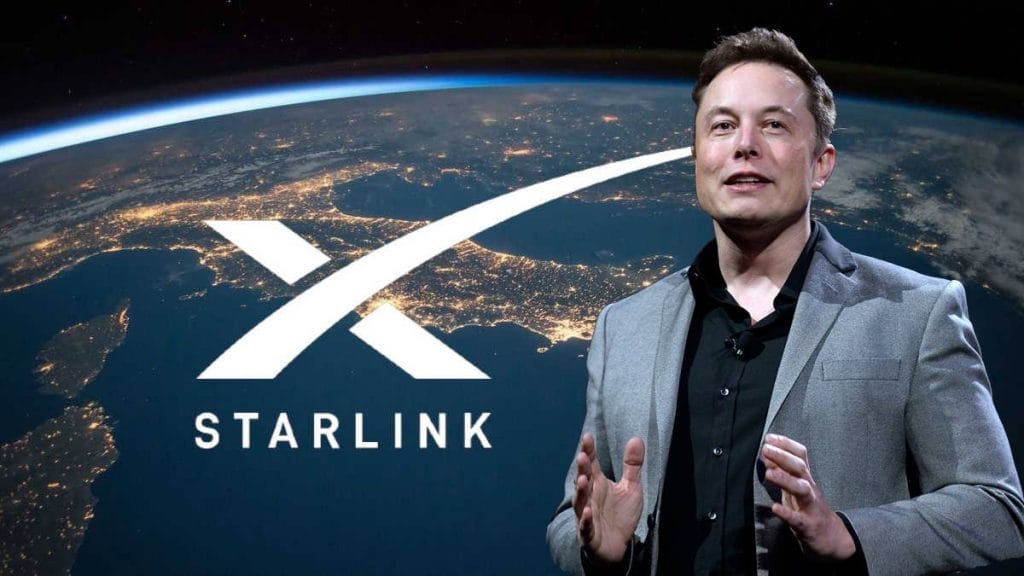New Delhi: Elon Musk is enthusiastic about introducing his Starlink satellite broadband service in India, but he’s facing strong opposition from Mukesh Ambani, the wealthiest person in Asia who heads the Indian telecom giant Reliance Jio.
After a meeting with Indian Prime Minister Narendra Modi in the United States, Musk expressed his eagerness to bring Starlink to India, particularly in remote villages with limited or no internet access. However, what he didn’t mention is the ongoing dispute between Starlink and Reliance over how the Indian government should allocate satellite broadband spectrum. This sets the stage for a showdown between two of the world’s wealthiest individuals vying for satellite services in the world’s most populous country.
Starlink is advocating for the Indian government to refrain from auctioning the spectrum and instead issue licenses, aligning with a global trend. They argue that this spectrum is a shared natural resource, and auctioning it may impose geographic restrictions that increase costs. Reliance, on the other hand, insists on an auction, contending that foreign satellite service providers could offer voice and data services, fostering competition with traditional telecom companies.
In a sign of intensifying competition, industry insiders suggest that Reliance will persist in pushing the Indian government to opt for a spectrum auction rather than yielding to the demands of foreign companies.
The stakes are high for Musk, as his efforts followed a 2021 setback in India when Starlink faced regulatory issues for accepting bookings without a license. For Ambani, fending off foreign competition in the satellite broadband arena would be a significant victory, especially since Reliance Jio already boasts 439 million telecom users, making it a market leader, and holds a 25% market share in wired broadband connections with 8 million subscribers.
Starlink’s perspective on spectrum allocation is in line with Amazon’s satellite internet project, Project Kuiper, and the British government-backed OneWeb. Amazon declined to comment, while the Telecom Regulatory Authority of India, OneWeb, and Starlink’s parent company, SpaceX, did not respond to inquiries.
When asked for comments, Reliance referred to its government submissions and Starlink’s.
The debate between auctioning and licensing the spectrum resulted in 48 out of 64 responses in favour of licensing, 12 in favour of an auction, with the rest taking a neutral stance, according to India’s Koan Advisory.
Reliance believes that opening the door to established foreign players like Starlink without an auction could lead to their “runaway success,” like Amazon, potentially harming Indian companies and creating an uneven playing field. While Ambani’s Reliance Retail has competed with Amazon, it lags behind the U.S. rival in e-commerce market share.
Deloitte predicts that India’s satellite broadband service market will experience a 36% annual growth rate, reaching $1.9 billion by 2030.
Starlink asserts it is already authorized in 84 administrations worldwide and serves 1.5 million active users with its low-latency broadband services. Amazon has plans to launch its initial set of satellites in 2024.
Foreign satellite internet firms are apprehensive that an Indian auction will prompt other countries to follow suit, leading to increased costs and investments, according to one source who advises a foreign company.





